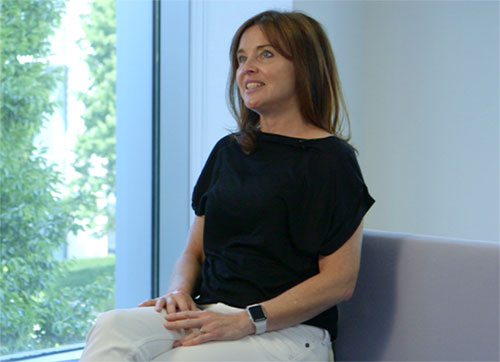First published in Pensions Age
Cryptocurrency is defined as: “Any form of currency that only exists digitally, that usually has no central issuing or regulating authority but instead uses a decentralised system to record transactions and manage the issuance of new units, and that relies on cryptography to prevent counterfeiting and fraudulent transactions,” by Merriam Webster. To which many would say, what’s cryptography? The same dictionary replies: “Secret writing; the enciphering and deciphering of messages in secret code or cipher,” and “the computerised encoding and decoding of information.”
Perhaps it’s not surprising, then, that the world of cryptocurrency can feel so secretive, a space that has its own vernacular, an area that seems to generate a plethora of negative headlines.
In one high-profile scandal, the 2022 fall of one of the biggest crypto exchanges, FTX – put simply, a bureau de change for cryptocurrencies – landed CEO, Sam Bankman-Fried, in jail for 25 years for fraud (at the time of writing, he was reportedly sharing a cell with Sean ‘P Diddy’ Combs, who is facing charges including sex trafficking, which he denies). Caroline Ellison, BankmanFried’s former adviser, ex-girlfriend and prime witness in the case against Bankman-Fried, has just been sentenced to two years for her role in the crimes.
A controversial area, then, cryptocurrency is a subsector of the broader digital assets sector, which also includes non-fungible tokens (NFTs), asset-backed tokens and tokenised real estate. And it’s a big space. According to the UK’s Financial Conduct Authority, more than 20,000 cryptocurrencies existed at the start of 2023.
The scope of scarcity
Cartwright senior investment consultant and head of digital assets, Glenn Cameron, says: “My professional opinion on the matter is with that cryptocurrencies, in the best cases, and there’s a handful of them, you could think of them as sort of technology start-ups. But I would say in the vast majority of cases they are just outright scams.”
There is, though, a notable exception to this, in the form of Bitcoin, argues Cameron. “It’s a completely different kettle of fish,” he says. “There’s a hell of a lot of noise here, and there is signal in the noise and the signal is Bitcoin.”
What makes Bitcoin stand out, says Cameron, is its finite nature. In nationstate currencies like the pound and dollar, more notes and coins can be minted as and when the powers behind them decide to. There will only ever be a fixed number of Bitcoins – once the maximum number (21 million) is reached, no more will be created. In that sense, according to Cameron, Bitcoin is comparable with gold – there is only so much of it in the world. Its scarcity, he argues, is what makes it valuable.
Moving to mainstream?
In January this year, the US Securities and Exchange Commission (SEC) approved 11 Bitcoin exchange-traded funds (ETFs) in the States, although it framed its approval carefully. In a statement at the time, chair Gary Gensler said: “Importantly, today’s Commission action is cabined to exchange-traded products (ETP) holding one non-security commodity, Bitcoin. It should in no way signal the Commission’s willingness to approve listing standards for crypto asset securities. Nor does the approval signal anything about the Commission’s views as to the status of other crypto assets under the federal securities laws or about the current state of non-compliance of certain crypto asset market participants with the federal securities laws.”
Gensler went on: “While we approved the listing and trading of certain spot bitcoin ETP shares today, we did not approve or endorse Bitcoin. Investors should remain cautious about the myriad risks associated with Bitcoin and products whose value is tied to crypto.”
January was BlackRock’s iShares Bitcoin Trust (IBIT), which seeks to track the performance of the price of Bitcoin. Commenting at the time, BlackRock global head of digital assets, Robert Mitchnick, called the ETF “a natural progression of our efforts over multiple years,” building on “the foundational capabilities we’ve established to date in the digital assets space”.
IBIT quickly became the largest Bitcoin ETF with $20 billion in assets by the end of May 2024, according to Nasdaq. More recently, in September 2024, the SEC approved listing and trading of options for IBIT on the Nasdaq, opening the door to the trading of derivatives in this space.
Piquing interest for pensions













